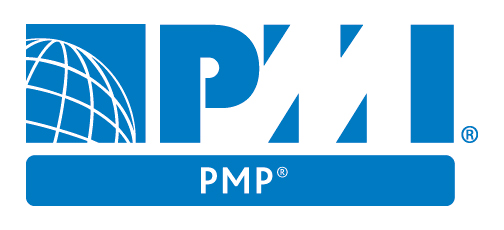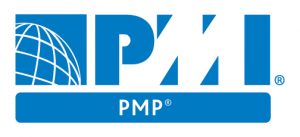
What is PMP Certification
Many would agree that experience is the best teacher and that remembering a task you’ve done is a lot easier than remembering one you’ve only read about. There are a lot of PMP certification preparation guides that have hundreds of pages of text that just doesn’t seem to make any sense. A lot of project managers who don’t have much experience in the field of project management may find those books difficult or even impossible to understand. The best thing you can do to prepare for the Project Management Professional exam is practice, practice, and practice. No matter how many project management courses you attend or PMP books you read, the best way to remember the information you will need during the test is to solve as many practice tests and questions as possible.
A lot of websites sell sample PMP exam questions that can be quite expensive, so if you’re just looking for a free Project Management Professional certification quiz you can take to see how well you’re prepared for test day, then you need to try and solve the following short quiz:
Quiz:
1. What are the cost types in modern quality management?
a) Costs of good quality – costs of bad quality
b) Planning costs – assurance costs – control costs
c) Planning costs – doing costs – checking costs – act
d) Prevention costs – appraisal costs – failure costs
2. You recently took over the assignment for a project. The project charter has been developed. What is an appropriate next step for you?
a) Develop the risk register.
b) Develop the project milestone schedule.
c) Develop management plans.
d) Get approval for the project management plan.
3. Being assigned as a project manager, you noticed during executing that conflicts arise in the team on both, technical and interpersonal level. What is an appropriate way of handling conflicts?
a) Conflicts distract the team and disrupt the work rhythm. You should always smooth them when they surface.
b) A conflict should be handled in a meeting so that the entire team can participate in solution finding.
c) Conflict should be addressed early and usually in private, using a direct, collaborative approach.
d) You should use your coercive power to quickly resolve conflicts and then focus on goal achievement.
4. The concept of the _________ states that changes related to one requirement—scope, time or cost—will at least influence one other element.
a) Three-point estimation
b) Triple constraint
c) Three wise men
d) Three needs theory
5. What does the term Best practice often refer to?
a) A standardized set of deliverables, like plans, reports, and checklists.
b) A set of Tools and techniques that a project manager should master.
c) The concept of State of the art applied to project management.
d) A specific sequence of work, described in terms of Soft logic.
6. The Communications management plan is a document, which includes descriptions of:
a) Project level performance reports
b) Activity level status reports
c) Stakeholder communication requirements
d) Responsibility assignments
7. _________ are/is usually not a manifestation of unique organizational cultures and styles.
a) Shared visions, values, norms, beliefs, and expectations
b) Individual traits and attitudes of co-workers
c) View of authority relationships
d) Policies, methods, and procedures
8. Which of the following is generally not regarded as an element of active listening:
a) Making eye contact
b) Paraphrasing
c) Interpreting the information
d) Interrupting when appropriate
9. When should Lessons learned be organized?
a) During the project lifecycle and at the end.
b) At the end of the project during closing.
c) After the end of the project at a project post-mortem meeting.
d) Lessons learned can be organized when there is time available.
10. According to Bruce Tuckmann, which are the stages of team development?
a) Honeymoon, rejection, regression, acceptance, re-entry
b) Forming, storming, norming, performing
c) Tell, sell, consult, join
d) Direct, support, coach, delegate
Answers:
1. (d) Monitoring and controlling
2. (c) Planning
3. (c) Executing
4. (b) Executing
5. (d) Executing
6. (c) Planning
7. (b) Project life cycle and organization
8. (d) Planning
9. (a) Executing
10. (b) Executing
